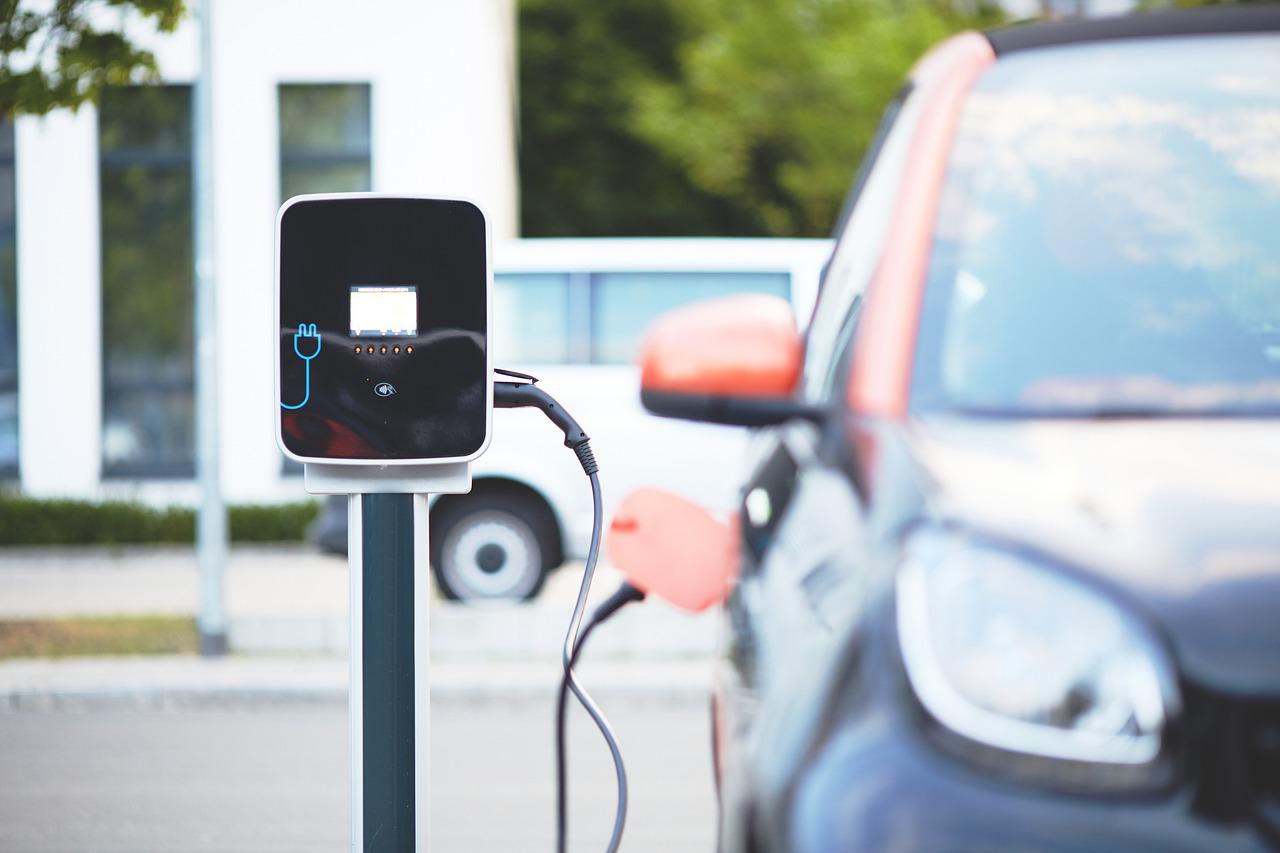
⚡ Charge the electric car in 10 minutes
A breakthrough in battery design makes it possible to achieve charging times of 10 minutes. At the same time, the size of the batteries is reduced, without sacrificing mileage.
Share this story!
The car industry is slowly moving away from the classic internal combustion engine towards electric vehicles, and a ban on the sale of new vehicles with an internal combustion engine is being discussed in several places within just over a decade. One of the biggest obstacles to such a transition is the inefficiency of charging times for electric vehicles, as well as the size of current batteries.
Now, however, a major breakthrough has occurred, Penn State University announces on its website. A new design enables batteries to be charged in just 10 minutes. In addition to the fast charging time, the technology should also enable the size of the batteries to be reduced from 150 kWh to 50 kWh, without the drivers having to worry about how far they can go with their electric vehicle.
“The smaller, faster rechargeable batteries will drastically reduce battery costs and the use of raw materials, such as cobalt, graphite, and lithium; which enables mass adoption of electric cars at an affordable price.” Says Chao-Yang Wang, who is the lead author of the study, published in Nature.
New way to regulate heat
The technology relies on internal thermal regulation to get the most out of the battery, as batteries work best when warm – but not too hot. Keeping batteries at optimal temperature has long been a major challenge, and the previously used method—relying on external thermal regulation systems—wastes a large amount of energy, according to Wang.
The research team behind the study instead decided to regulate the temperature from within the battery and developed a new battery structure with ultra-thin foil of nickel as a fourth component to the anode, electrolyte, and cathode. The nickel foil self-regulates the battery's temperature and reactivity, which is what enables fast charging in just 10 minutes. According to Wang, the method will work on basically all electric vehicle batteries.
The study has been done in collaboration with EC Power, which is now working on manufacturing and commercializing the fast-charging batteries.

By becoming a premium supporter, you help in the creation and sharing of fact-based optimistic news all over the world.



